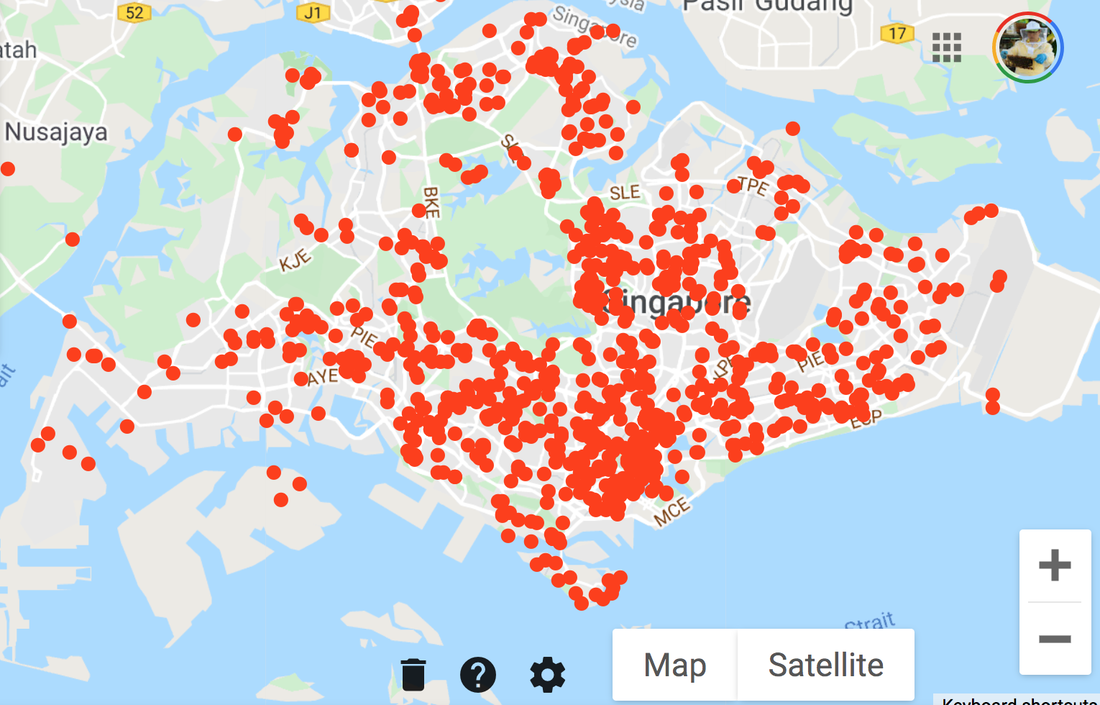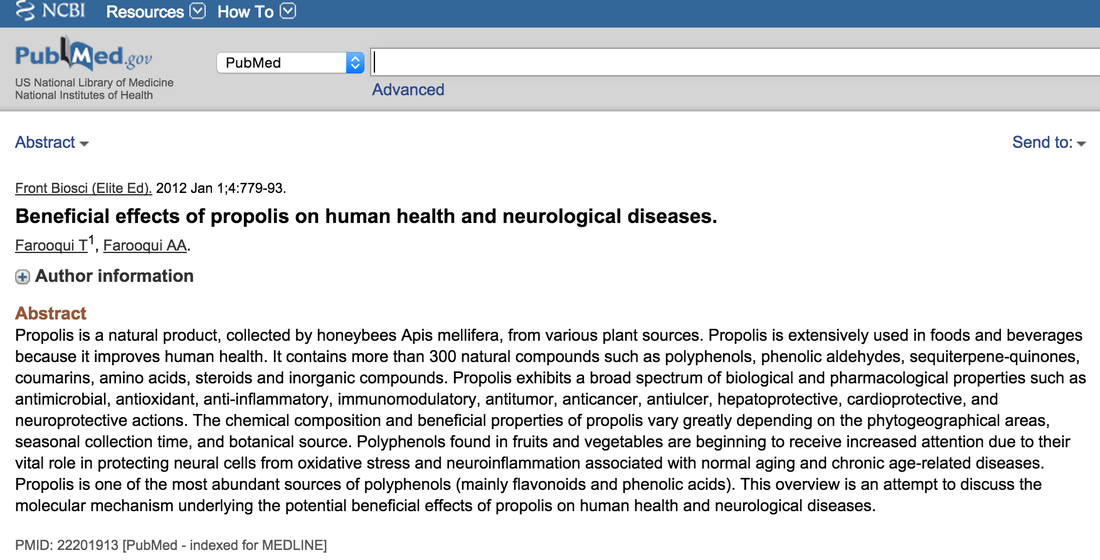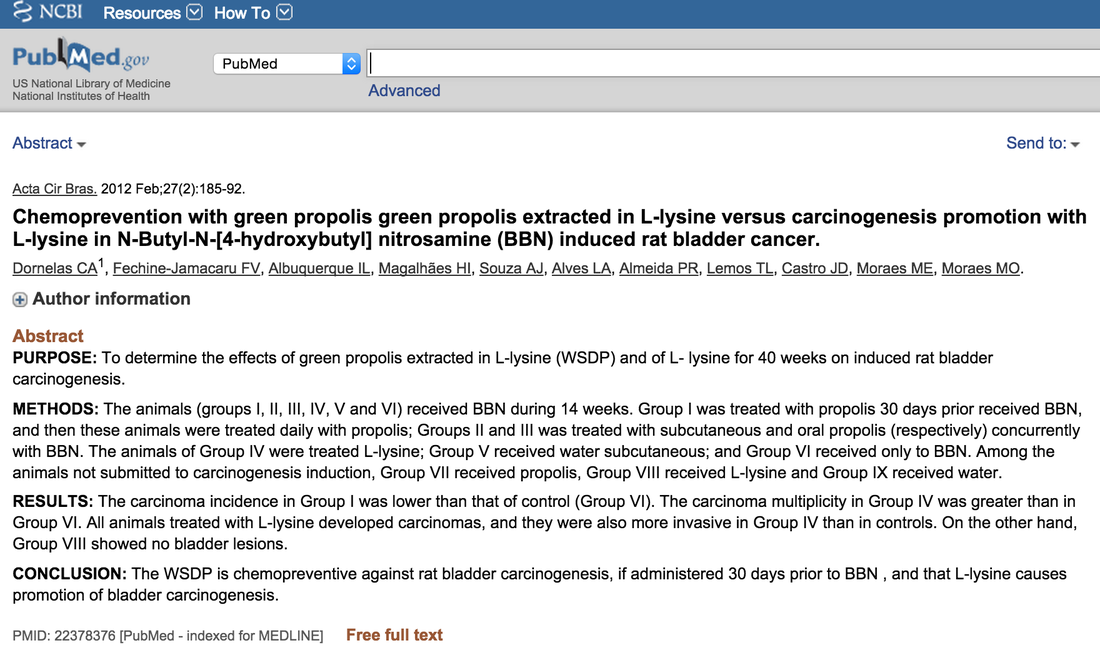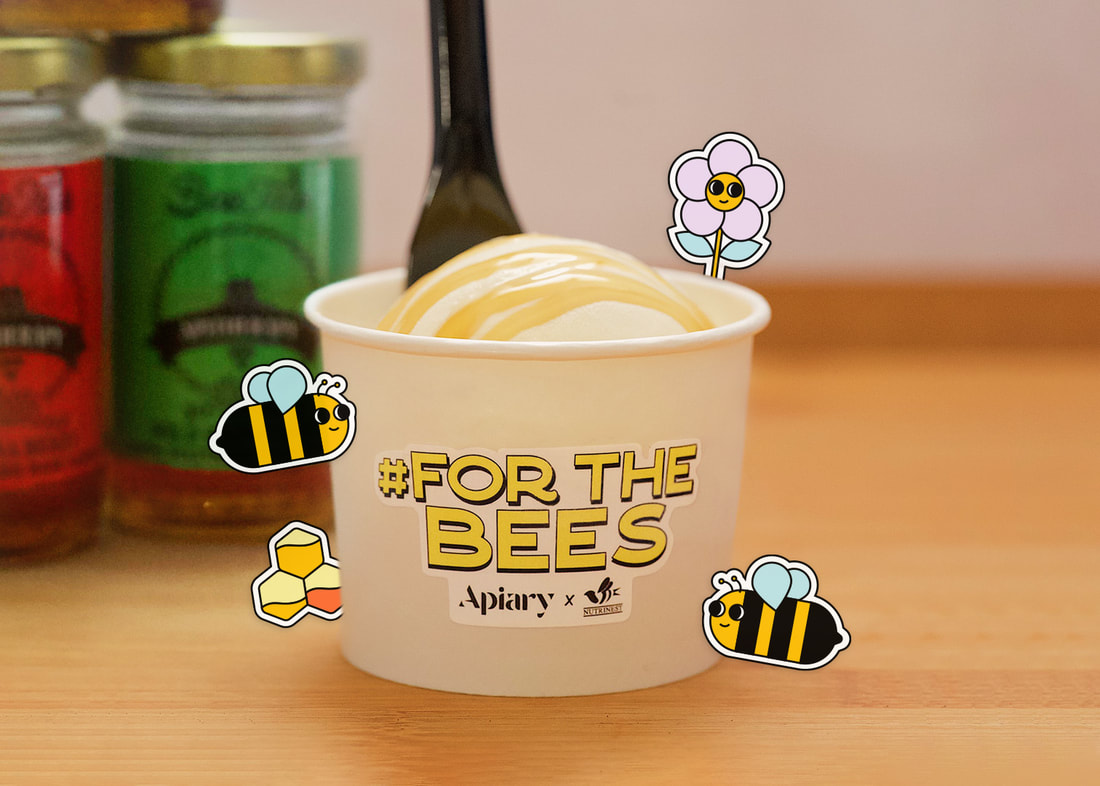the Bee Blog |
Read Posts:
All
|
|
Bee Conservation in Singapore: An In-depth Analysis
Current Status of Bee Populations in Singapore The bee population in Singapore is a subject of debate. Based on what I have seen, the bee population is under threat. I have launched a petition to protect bees by law, suggesting changes such as prohibiting bee extermination and identifying spaces for beekeeping. However, Assistant Professor from the National University of Singapore's Department of Biological Sciences disagrees, stating that while some bee species are endangered, none of the four local Apis honey bees are threatened. The National Biodiversity Centre identifies 133 species of bees in Singapore, with four main species regularly removed for public safety. As there is not existing data to monitor the trend of bee population plus the common practices of exterminating when uncovered a beehive of the above mention 4 species. The bee population would be affected for sure. These can be inferred from the publication by government that in the past 5 years there were about 8400 cases of bees, wasps and hornets sighting. Main Threats to Bee Populations in Singapore The threats to bee populations in Singapore are multifaceted. My petition highlights the extermination of bees as a significant threat. However, practical challenges exist in implementing humane beehive removal methods, as pointed out by pest control companies is unfound as Nutrinest had already rescued more than thousands of beehives. Beside there are at least 2 other individual had followed what Nutrinest had been doing. Some pest control also try to collaborate with the beekeeper to use the humane beehive removal method. Globally, bees face threats from exposure to agrochemicals, parasites, malnutrition, intensive agriculture, and the industrial-scale use of managed honey bees. While specific information about threats to bee populations in Singapore is lacking, these global threats likely apply. Key Species of Bees in Singapore Singapore is home to approximately 120 species of bees. The most common species include the Asian Honey Bee, Smooth-headed Stingless Bee, Broad-handed Carpenter Bee, Broad-headed Leafcutter Bee, and Himalayan Cloak-and-Dagger Bee. Other species include Apis Cerana, Apis Andreniformis, Apis Florea, Apis Dorsata, and Trigona (Stingless Bee). Each species has unique characteristics and contributes to pollination in different ways. Existing Conservation Efforts for Bees in Singapore Conservation efforts for bees in Singapore are ongoing. The National Parks Board has implemented measures to promote bee conservation, such as creating bee-friendly environments. My petition to protect bees by law is another effort, although it faces practical challenges. Assistant Professor John Ascher's research on bee ecology also contributes to understanding and conserving bees. Nutrinest is working on a more comprehensive solution to make local bee conservation more easily accepted by more people. Impact of Bees on Singapore's Ecosystem Bees play a crucial role in pollinating crops such as durian, longan, and lychee in Singapore. However, the impact of bees, especially introduced species, on Singapore's ecosystem is not well understood due to limited information. Despite this, bees are recognized as important for maintaining ecosystem balance and food security. According to a recent research document published by NUS, about 70% of the plants crop in community garden were pollinated by Dwarf bees and Apis Cerana, two of the most commonly exterminated honeybees! Potential Strategies for Improving Bee Conservation in Singapore Improving bee conservation in Singapore requires a multifaceted approach. This could include further research to understand the status and threats to bee populations, implementing Xavier Tan's suggestions where practical, and continuing to create bee-friendly environments. Additionally, public education about the importance of bees and how to coexist with them could be beneficial. Many government agencies should work together with the experienced individual to create a bee friendly ecosystem and minimised unnecessary killing of these keystone species. ://www.instagram.com/reel/Ct9FEGAtV8p/?utm_source=ig_web_copy_link&igshid=MzRlODBiNWFlZA==
0 Comments
Originally posted Oct 2021 I did a Google check to find out all the places that I have done humane bee hives removal from the past. From this record it confirmed that bees are everywhere in Singapore! Each red dot indicate a beehive was relocated. I am sure there are a lot more in the wild. Interesting fact is that, till date there is only one case of fatal bee sting incident in 2014. It was a sad case happened 7 years ago. On the other hand, this shows that keeping bees is really not a risky activity as compare to many other activities we do daily such as driving on the road! But our ecosystem needs bees so can we stop calling pest control to killing the bees when we discovered a beehive please! let's learn about our local honey bees and try to conserve them by coexisting with them. or at most humanely removing them instead of exterminating!
Originally posted Aug 2020 People may think that exterminating bees only killing bees but is it really just that? The impact of the losing of bees could have huge impact to the environment. Lost of pollinators, means lesser pollination work in nature, tre bear less fruits and less food and seed for the plant to propagate, to support the wildlifes. The impact may not be immediate but it is huge.
From the video above, there is another serious problem, the deliberately release of toxic chemical to the environment. The bees were stained with the chemical then flew to other places carrying the toxic chemical. How would other insect or wildlife be affected?what if the bee drop dead into the pond, to nearby water catchment? Would we indirectly consuming? What about the family that live in that unit, the bees are gone but left behind a total contaminated space, how would that affecting the health of everyone or even the next door neighbour? Would if the toxic can have long term effect to the nerve system, causing autoimmune problem. Would you still choose to exterminate hte bees with spray? Is the bees really that dangerous that it does not matter even if the contaminants could affect health in the long run?
|





 RSS Feed
RSS Feed